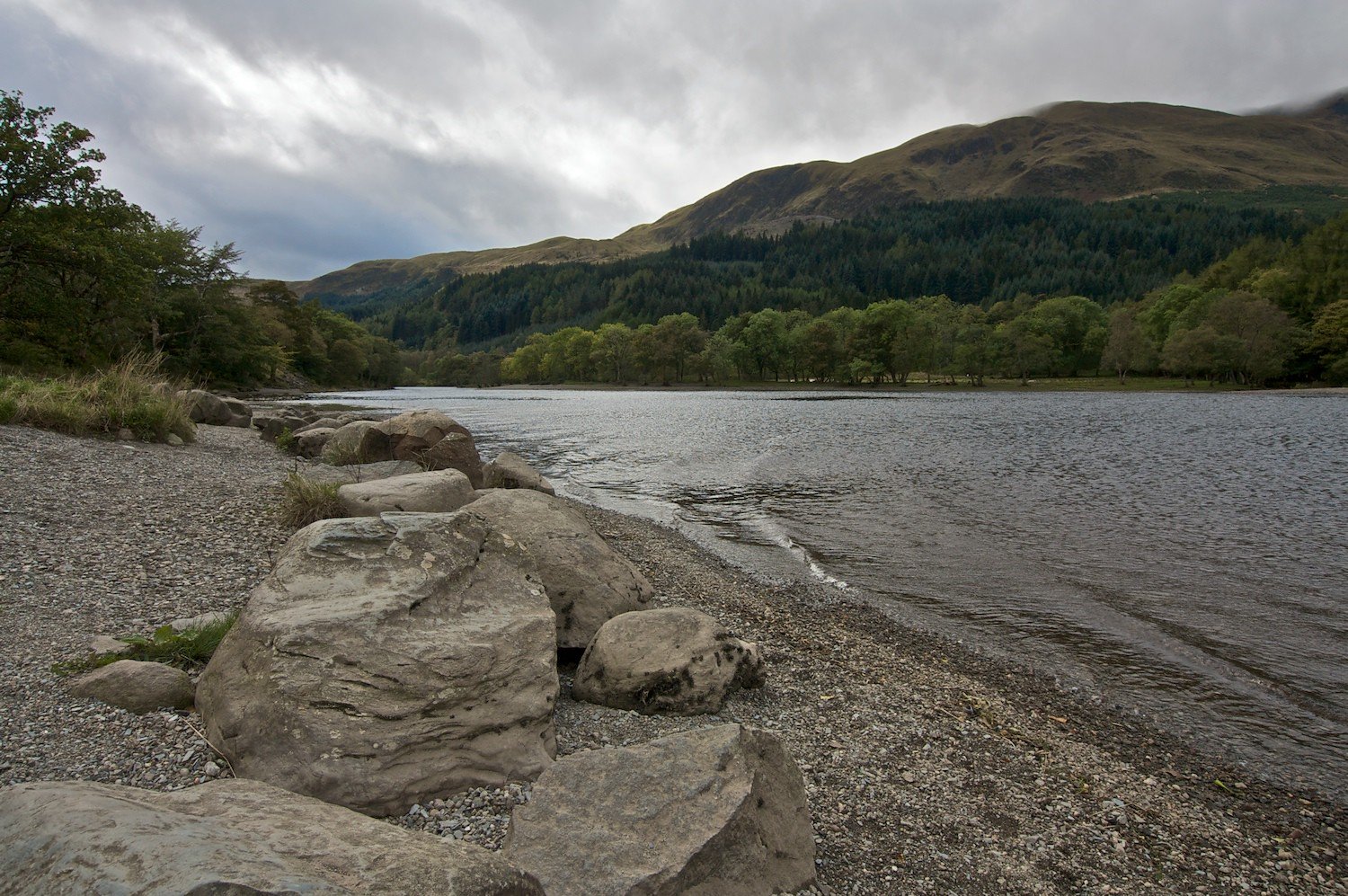
Frequently asked questions
-
Rural Scotland is facing a water scarcity crisis.
Over the last decade, water scarcity events that are caused by dry weather have increased, with predictions for further frequency and severity year on year. By the end of September 2022, the Scottish Environmental Protection Agenda had reported that a large proportion of the country was either at risk of water scarcity or managing a water scarcity event.
Water Scarcity events are not just the result of dry weather. They can also be caused by drinking water supplies becoming contaminated by pollution or by infrastructure breaking. These are difficulties that many rural communities have struggled with for years.
Scotland is in the midst of designing new responses to these water scarcity challenges and events.
This project aims to raise rural community voices and experiences in discussions about these issues. The project also aims to raise public awareness of the importance of caring for Scotland’s freshwater supplies and of the efforts that communities are making to manage drinking water challenges.
-
Our aim is that the information collected will become part of an exhibition and a short film that will be shown at public events in Scotland and further afield.
The project website will collate and display stories as sound postcards, images, and short film clips. Anyone will be able to view this information.
We’ll also be including insights in written briefs and articles for people working on these issues in policy making and water management practice, as well as for researchers with an interest in community action and water management.
-
Stories, photographs, and film clips that you submit to the project will be reviewed and may be edited by the research team. If suitable for publication they will be posted on our website as soon as possible.
Unless a special request is made and discussed with us, we would normally not publish personal names with a story. We may also remove some specific location details.
If you take part in the project, you can later request the information you provided be removed from project activities. However, it may not be possible to do this completely if the information has already been published.
We will keep a confidential record of your personal information that only the project team has access to, this is so we know which person provided which data. We will then delete the confidential data record and the initial data once the project is completed or within five years of the project end date.
-
This concept for this project was put together by Elizabeth Lawson and Laura Major. The ideas were then funded by the Economic and Social Research Council via the ACCESS: Advancing Capacity for Climate and Environment Social Sciences Project.
Our aim is to have an advisory board of water scarcity experienced people who are based within rural Scottish Communities. The Code of Conduct, methods, and call to action we develop during this project will be guided by this advisory group.

